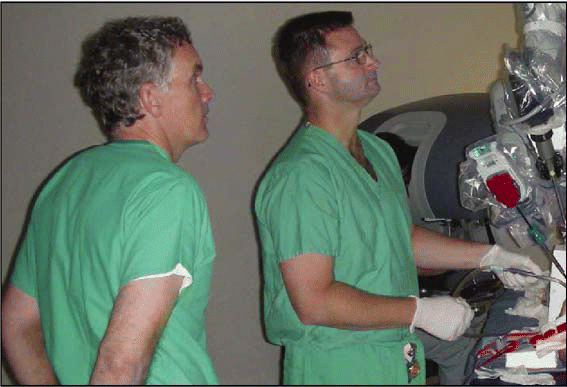Otolaryngologist Martin L. Hopp, MD, PhD, of Cedars-Sinai Hospital in Los Angeles, believes that in-office computed tomography (CT) scanning is the trifecta of care for otolaryngologists and their patients.
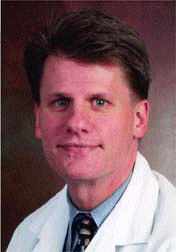

Otolaryngologist Martin L. Hopp, MD, PhD, of Cedars-Sinai Hospital in Los Angeles, believes that in-office computed tomography (CT) scanning is the trifecta of care for otolaryngologists and their patients.
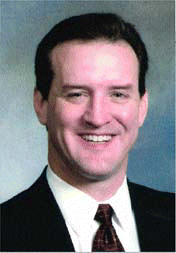
A 48-year-old woman presents to you for bilateral hearing loss, aural fullness, vertigo, nausea/vomiting, and tinnitus of two months’ duration.
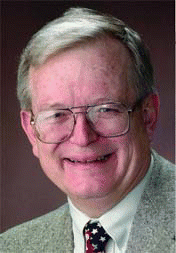
Contrary to popular belief, CMS is in the business of paying for quality care, not just the volume of care provided.
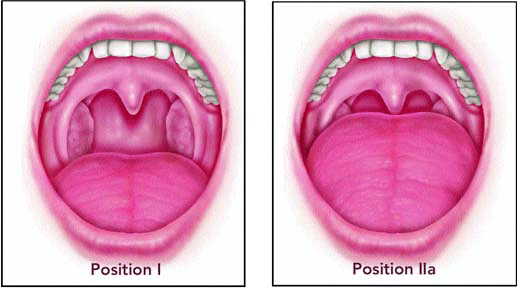
Although otolaryngologic surgeons commonly focus on the palate when treating patients with obstructive sleep apnea (OSA), they also need to look at the tongue.

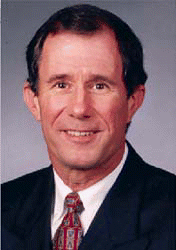
As I was putting my thoughts together for this editorial, I read Peanuts in the Sunday comics, and found a great health care reform analogy.
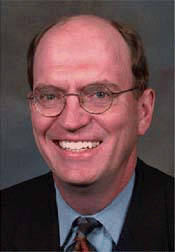
In one of the first sessions at the American Academy of Otolaryngology–Head and Neck Surgery annual meeting, otolaryngologists made it overwhelmingly clear that they believe they should be paid for being on call for emergencies and consultations.

Sleep-disordered breathing (SDB) is a major problem in children because it is associated with behavioral, cognitive, and emotional morbidity.
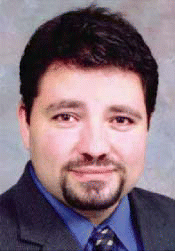
Dysphagia is the dominant cause of morbidity and mortality in patients treated by otolaryngologists, and in fact, more people die from aspiration pneumonia following stroke than from all head and neck cancers combined.
